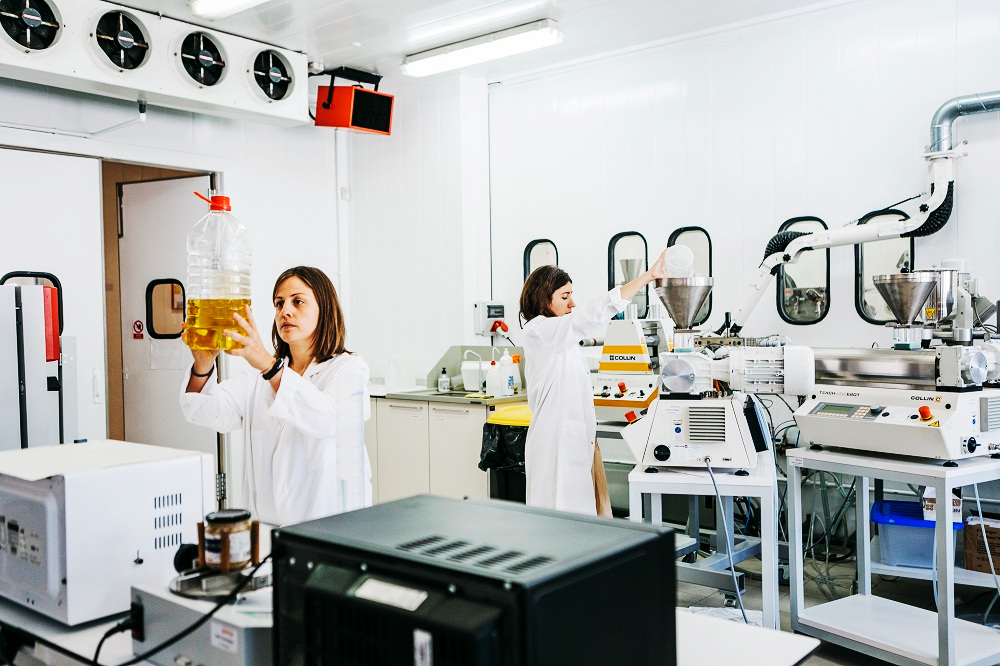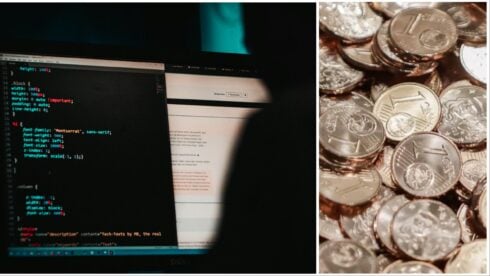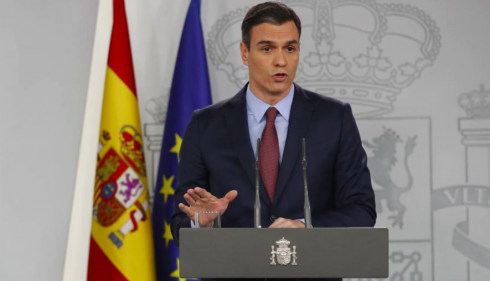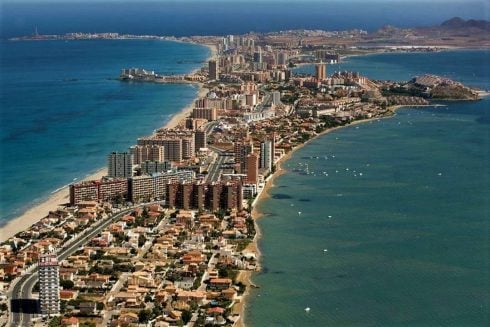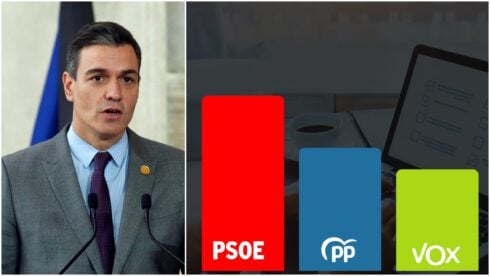WHEN it comes to plastic bottles the EU is saying auf wiedersehen to PET and guten tag to r-PET.
The Union’s European Circular Economy Strategy for Plastics has set a target for all plastic packaging to be recyclable by 2030.
This means that manufacturers will have to switch away from – to use the cumbersome jargon – polyethylene terephthalate (PET) bottles and use instead recyclable polyethylene terephthalate (r-PET)
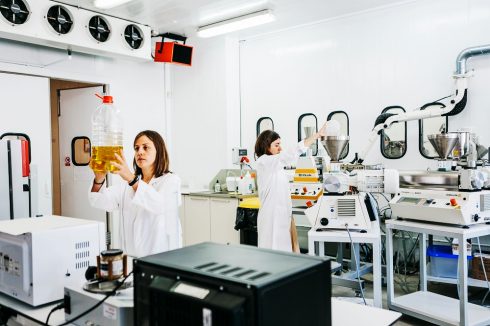
In recent years the problem of plastic pollution – particularly in the oceans – has never been far from the headlines. Various big name brands are already using packaging with a proportion of recyclable material, but the EU wants to make 100% recyclable – and preferably recycled – plastic mandatory.
Pressure has been mounting from consumers and environmentalists following extensive media coverage of plastic pollution, such as David Attenbrough’s Blue Planet 2.
But making packaging 100% recyclable is easier said than done, according to one Spanish company.
Carlos Enguix is head of Packaging Technologies at Valencia company, AINIA. He explained that a big problem with recycling is that there is often a degradation in the quality of the material in the process.
He added: “By using certain percentages of recycled material with virgin product, we can meet the requirements for packaging foods.”
This is a solution that is being used today , with companies using similar techniques to make r-PET around the world, with some announcing r-PET percentages from 20% to 100% already.
AINIA is a technology center established in 1987 as a private non-profit association.
With 30 years of experience, they work to boost business competitiveness through innovation, already providing solutions for more than 700 associated companies and more than 1,500 clients.
Click here to read more Spain News from The Olive Press.

